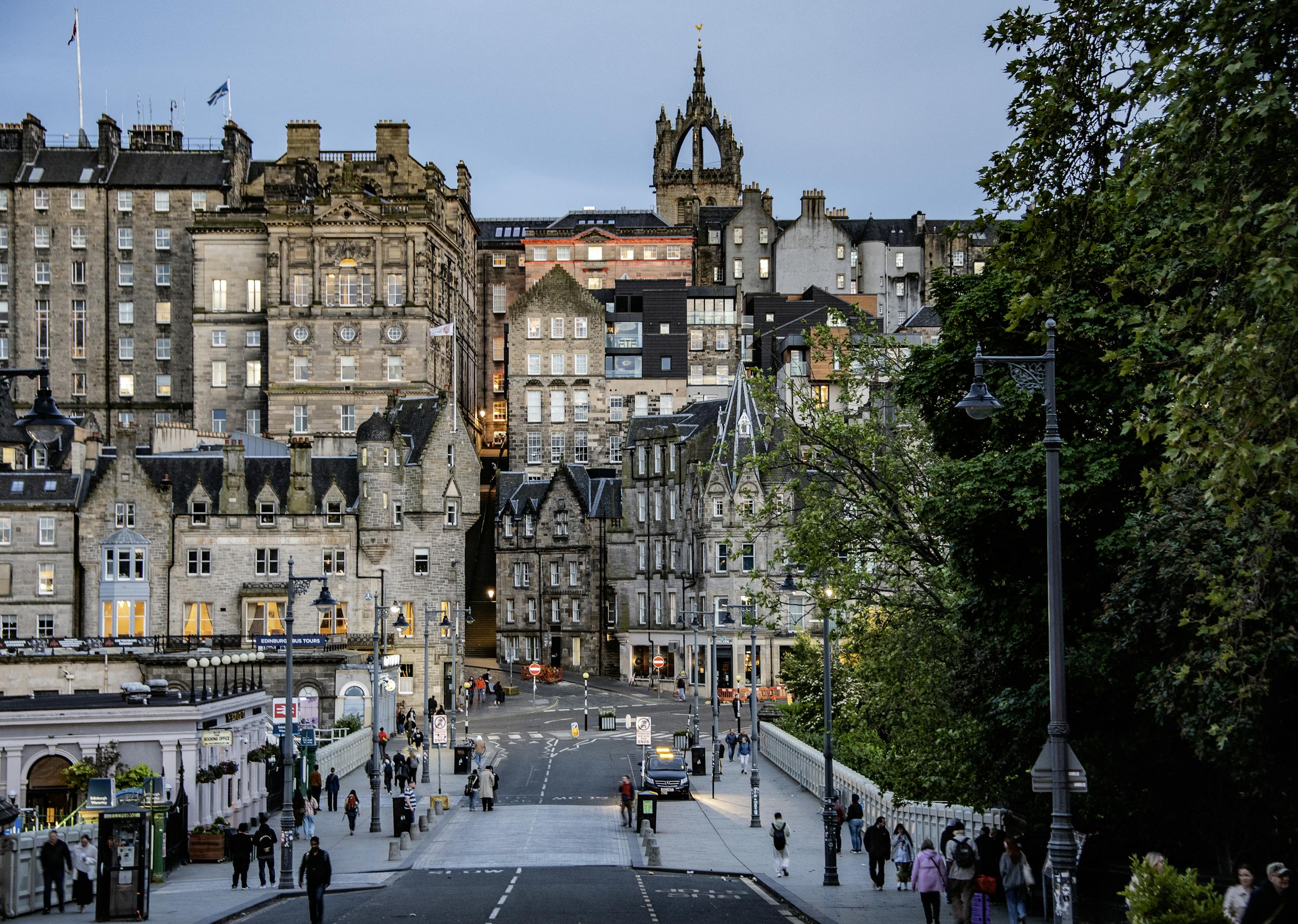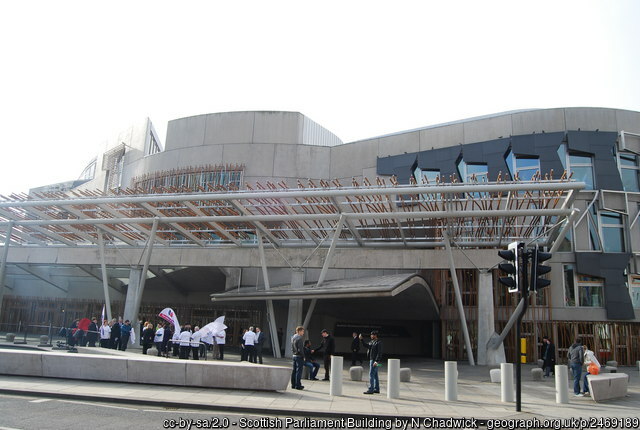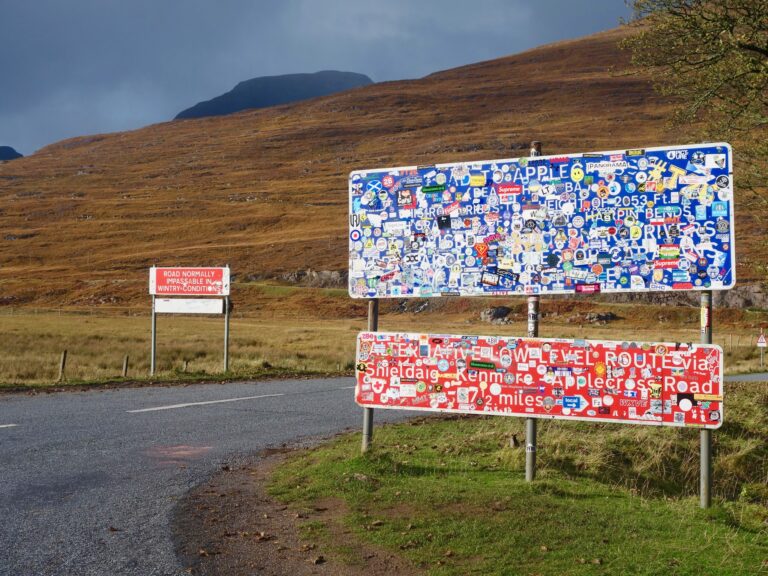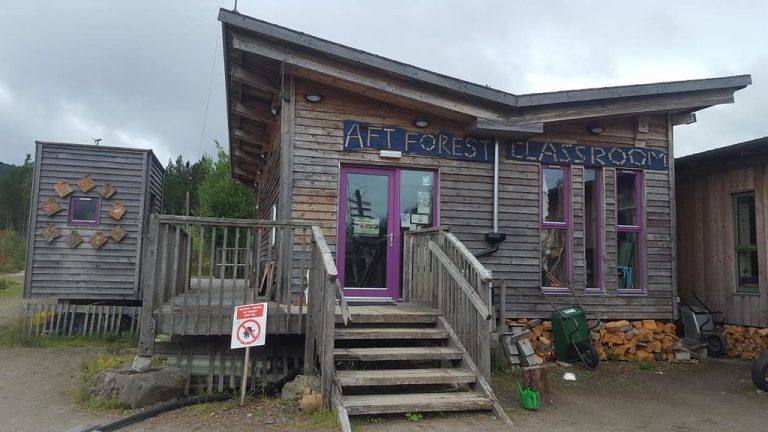Devolution past the doors of Holyrood – Ewan Aitken
As a former Labour Councillor, I spent many hours persuading people not just that voting was a good thing but why voting for me was an even better thing. I was stopped in my tracks one inclement election day however, when I thanked an older woman for coming out on such a day to cast her vote for me. She looked at me with what could be best described as ‘compassionate distain’ and said “Ma mither fought for us tae ha’ the right to vote. I’m here for her, no you!”
For her, voting was a deeply personal event. What mattered was not so much who got elected but that someone did and that she was able to be part of that choice.
Sadly, she has a lot less influence than citizens of every other European country. On average Scottish local Government areas are 45 times the European average. In France, the average area for local government is 15 square kilometres, in Germany it’s 532 square kilometres, in Denmark 440 square kilometres. In Scotland it’s 2449 square kilometres. The average population in Europe for a municipality is under 20,000. Scotland’s average municipal population is around 165,000.
In 1974, there were over 200 local councils in Scotland, however, by 1996, there were only 32. Who decided we should become so delocalised? You can be sure it wasn’t the communities who lost their power. What coherent, thought-through, evidence based, consulted upon strategy was laid out for such a denuding of local democratic structures and the accountability which goes with them? None. What theory of change suggested this was the answer to the many challenges we face as a nation? There wasn’t one. What problem was this radical shift in power away from local communities trying to solve? I would be kind in saying it was an unwelcome form of political gerrymandering at best.
Over 13 years as a local politician it became clear to me local people don’t want to run everything, but they did want influence and transparency. They do want to know who decided the things which affected them, why was it those people who decided, who did they listen to when deciding, why did they reach whatever decision they reached and how was their decision affected by their view of the world. Given the human condition is to seek purpose, agency and meaning, its no surprise to find this view of the democratic processes.
As Convenor of Education, I had to oversee a school reorganisation programme which involved closing some schools and building and opening others. These things are driven by many factors. Cities evolve, communities change and demographics shift. Buildings need to be replaced to meet new education practice needs. No matter the rationale however, the impact on a community was felt deeply when their school closed.
I remember one situation where I was invited to meet with a community of twenty-five different occasions to talk through the consequences of the proposal to close their school. It was hard going, lots of anger and tears. There were lots of conversations of what else could happen in their community with the other facilities available and eventually, a proposal for investment on other resources to mitigate the issues raised by the closure. At the end of the process one man said to me “I still don’t agree with you, but at least you have listened, and I understand why you disagree with me.” A relationship had been built and an understanding reached. What had felt top down for him had become humanised.
I took his comments as a win and all the time spent by so many had got us to a better place in understanding what the proposals for his community meant, why they were being proposed and how we could make the impact on his community less negative.
However, it was only a “win” within present structures. If the decisions about the community the school served were taken not by someone who had responsibility for over 125 schools servicing over 55,000 pupils but at a much more local level the power dynamic, the experience of the impact and
maybe even the conclusions would have been very different. No matter how open and consultative I was, it was still a top-down process. In the same way E F Schumacher, author of “Small is Beautiful” talks of “economics where people matter.” We need a democratic system where people feel they matter and that means decisions being taken by people who are as close to those most impacted as possible. As Schumacher also said “Any intelligent fool can make things bigger, more complex, and more violent. It takes a touch of genius — and a lot of courage to move in the opposite direction.”
The crux of this issue ultimately means shifting where power comes from. 10 years ago, I was a member of the CoSLA Commission on strengthening local democracy. It talked of turning, “our current culture on its head; instead of identifying which powers to hand down from the top, power would reside locally by design, and the only question would be about which services it is essential to aggregate and share from the bottom up. Our view is that approaching democracy that way round could really transform accountability and build it into the fabric of our society”.
The key message is this is not a one size fits all model or a creation of hundreds or smaller versions of what we already have. However, is it saying what can we do at a very local community level and what needs to be done across larger groupings. The fundamental point is even decisions about aggregating of capacity and decision making happens locally rather than being done top down as is the case.
One of the best things the early Scottish Parliament administrations did was fund local capacity building though the employment of people who didn’t run things. Instead, they helped folk decide what things they wanted to happen and then worked with them to make them happen.
This allowed local communities to be supported in developing ideas and thinking through how best to make them happen in their areas. It allowed local communities to ask questions about what they needed given their circumstances. To design solutions and to get support in making them happen from someone embedded in their local community with whom they already had a relationship. There are many examples of this, the playpark outside my local primary school, the local community-based football team and the enhancing of local shopping areas through the Urban Village fund. These priorities were decided locally and delivered with the involvement of local people, all delivered through small amounts of funding and capacity. It did not take much to make a big difference. More importantly, it was the sense of self belief and civic pride they engender. The success was owned by the people, and not claimed by politicians.
The advent of the Scottish Parliament (and that of the other devolved administrations) was as much a consequence of political agendas as it was a philosophical approach to how power is best used to build society. This provided an opportunity to do things very differently and it was not, in itself, an end. Sadly, it has become so. Devolution should have flowed from Holyrood’s doors, but it has instead, with a few exceptions, been held there. Local governments, far from being empowered by it, have been hamstrung by more work and less resources to do it. So, they too have largely shielded away from being catalysts of change when it comes to taking devolutionary principles beyond the traditional corridors of power.
The last twenty-five years have taught us a great deal; however, it has only been twenty-five years. Our devolutionary democracy is still young enough for it to be able to change and evolve if we nurture the ambition to do so.

Ewan Aitken is a former Labour Councillor, serving as Convener of Education and Leader of Edinburgh City Council and as CoSLA spokesperson on Education. He was a member of the CoSLA Commission on Strengthening Local Democracy and has over 40 years’ experience working in the Public and 3rd sectors.




